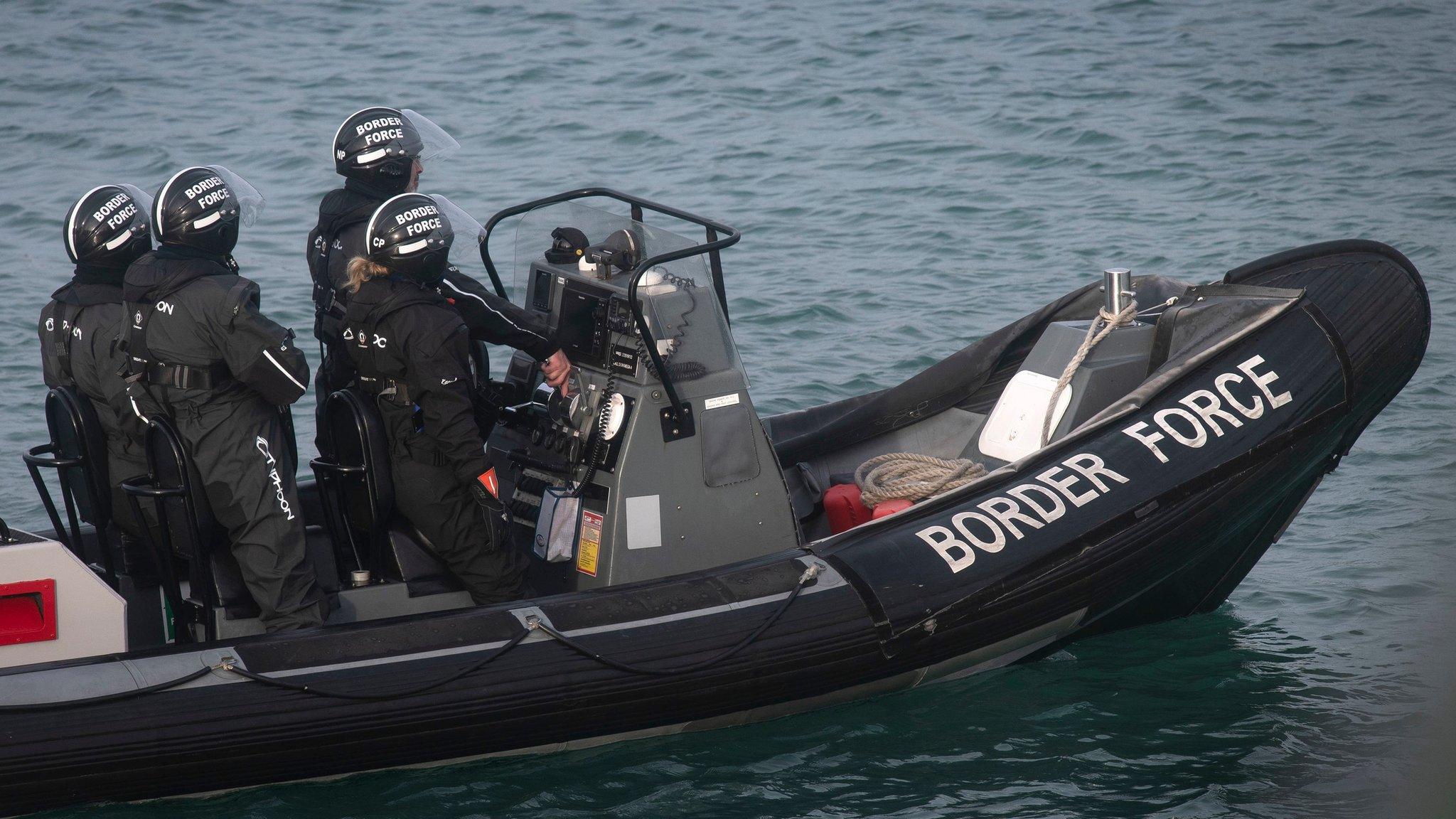Channel migrants issue 'blown out of proportion'
- Published
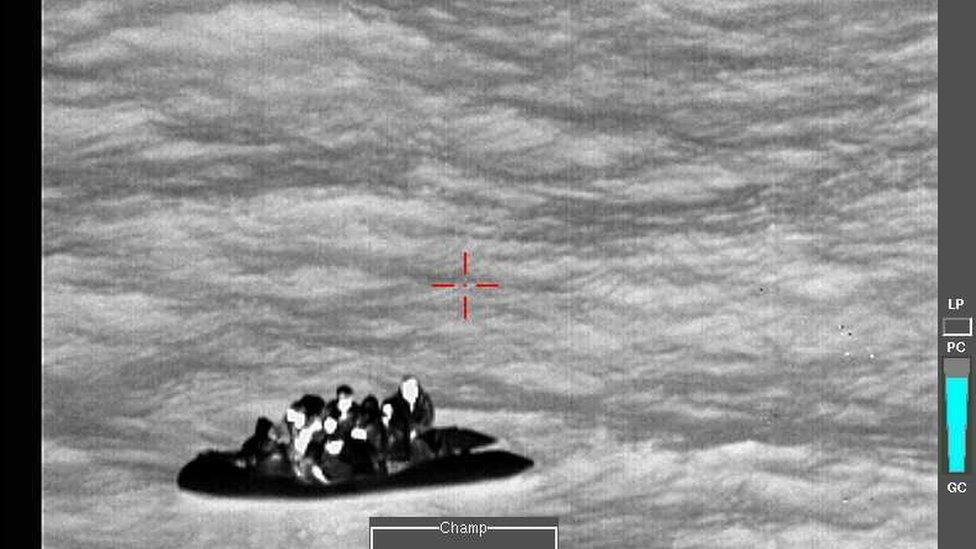
A French helicopter joined the rescue effort on 22 November
There is no surge in the number of migrants trying to cross the Channel and the issue has been "blown out of proportion", MPs have been told.
Migrant charities working in Calais have spoken to the Home Affairs Select Committee about their movements.
Clare Mosely of Care 4 Calais claimed there had been a change of method "but not an overall increase".
The Home Office said it was co-ordinating a response to "criminal gang activity".
Since November, almost 300 migrants have been caught attempting the crossing from France to Kent, with the vast majority claiming to be from Iran.
Home Secretary Sajid Javid declared a "major incident" at the end of December after coming under increasing pressure to tackle the situation.
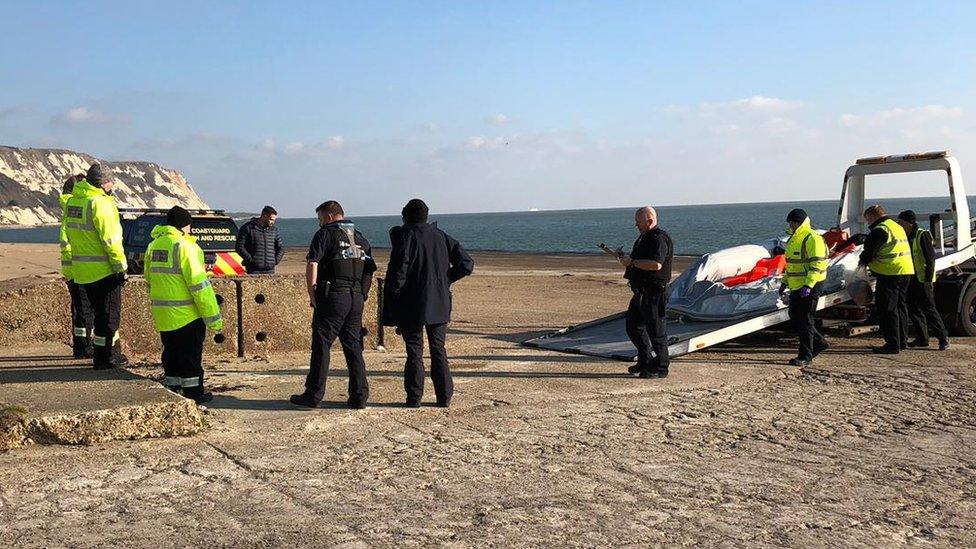
Thirty nine migrants were picked up from boats off the Kent coast over the weekend
But Maddy Allen of Help for Refugees told the committee: "It's been massively blown out of proportion."
She said the charities work had "continued fairly steadily" and the situation was "not as volatile as portrayed".
"It has come at a very apt time in relation to Brexit votes that are going on," she added.
"We're still dealing with a very small number of people," she said.
The committee was told that about half of those trying to cross the Channel had family in the UK and were acting out of "desperation".

Analysis: BBC South East political editor Helen Catt
The charities' claims there is no surge in the overall number of migrants, just increased visibility, is likely to add fuel to the home secretary's critics, who felt his tough-talking response may have owed more to politics than policy.
It won't reduce the pressure on the Home Office to stem the flow of clandestine crossings though.
While the charities may not believe it is a crisis of numbers, they do agree that each small boat that winds its way through the world's busiest shipping lane, often at night, carries the potential for a tragedy that nobody wants to see off the shores of Kent.

It heard the story of one Iranian who was hospitalised after one crossing but had not given up as he was determined to get to his son in the UK.
Iranians were fleeing persecution, unlike those from Africa and Afghanistan who were escaping from conflict, and most migrants from Iran were choosing to stay in France, it was told.
Ms Allen reasoned that increased security in Calais at the ferry port and Eurotunnel may have forced migrants to change their methods.
She said there was a "high price" attached to boat crossings which could only be afforded by "the higher socio-economic group of the Iranian population".
"On a sunny day you can see the white cliffs of Dover and therefore that crossing that we know is incredibly dangerous seems like it's within reach," she said.
A Home Office spokesperson said: "We have stepped up deployments of our coastal patrol vessels along the South-East coast.
"We know there is organised criminal gang activity behind these attempts to cross the Channel, and the government is working with domestic and international agencies, including the French authorities, to coordinate our response."
- Published21 January 2019
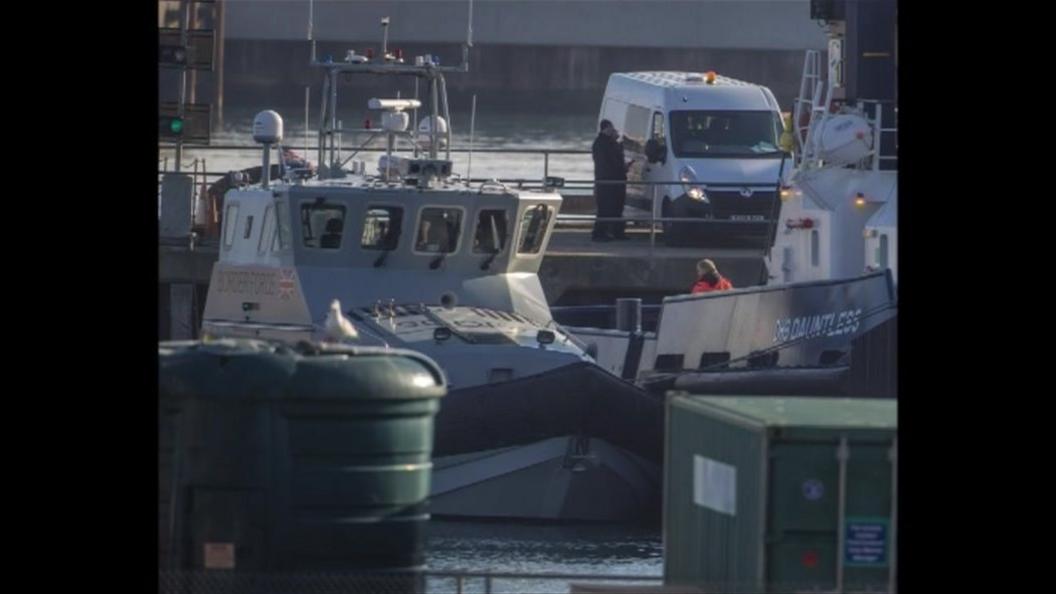
- Published20 January 2019
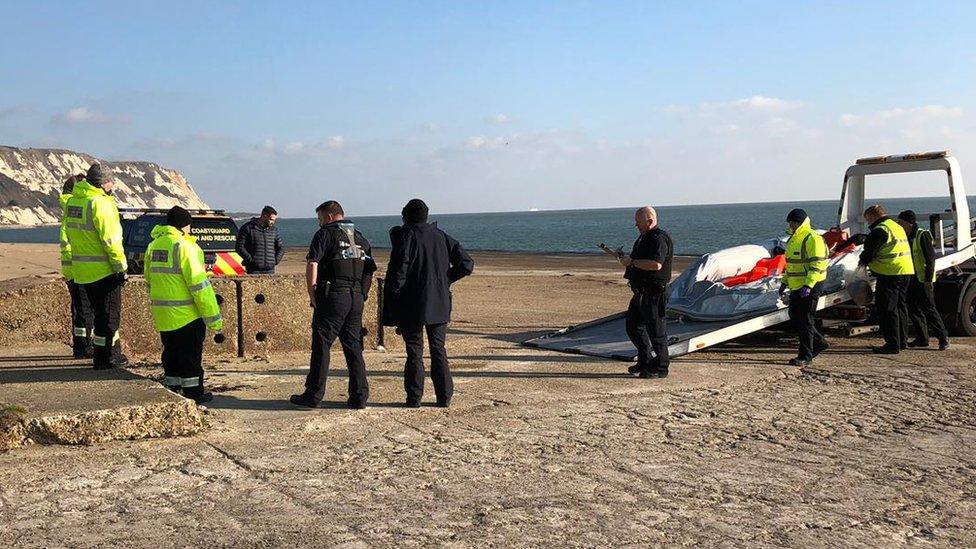
- Published31 December 2018
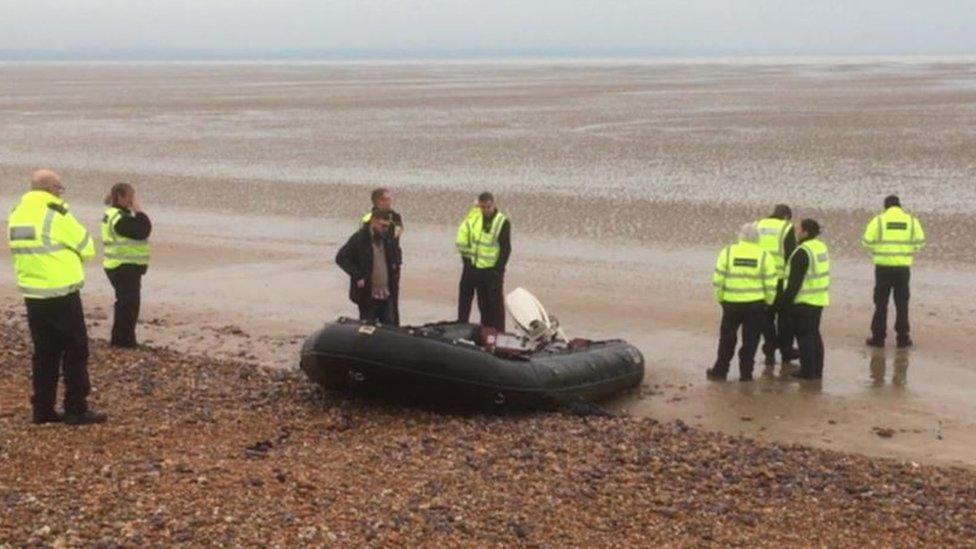
- Published26 November 2018
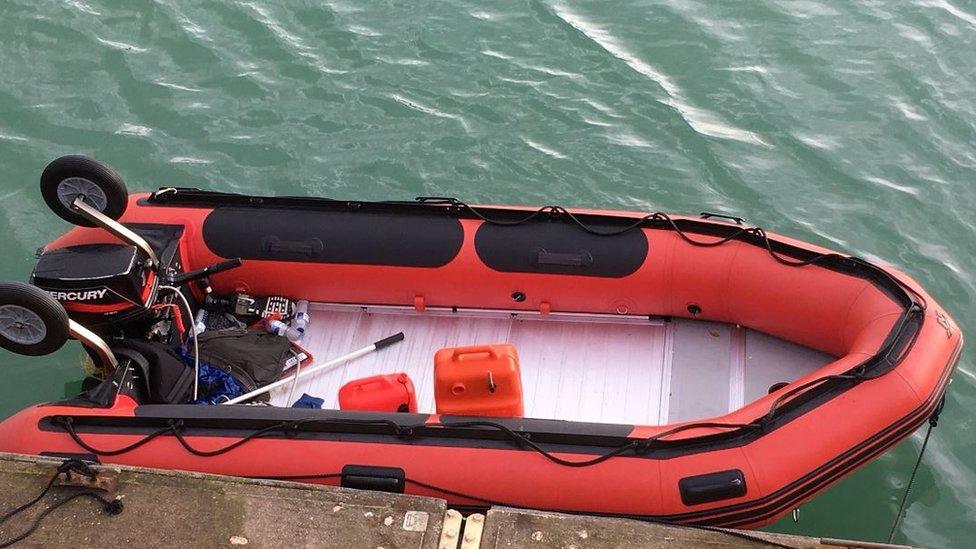
- Published9 September 2021
